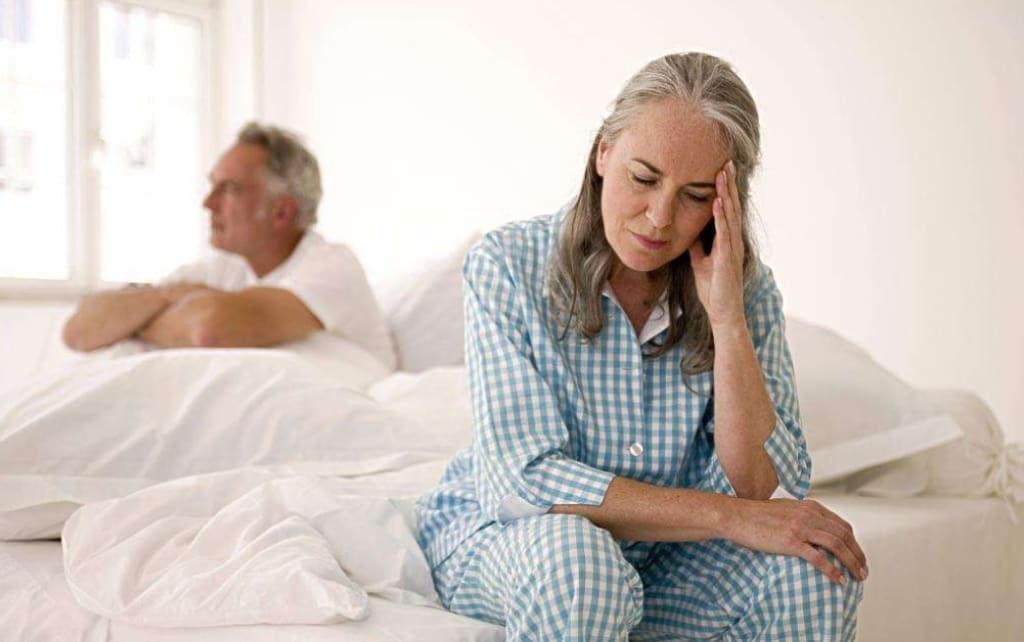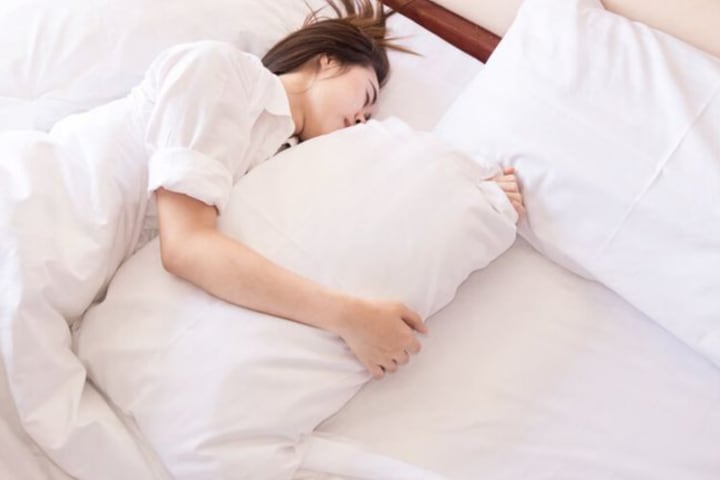Lose 6 hours of sleep a week, double the rate of work errors
Get enough sleep

March 21, 2021 is World Sleep Day. The theme of this year's World Sleep Day is "Good immunity comes from quality sleep." Sleep is an instinctive behavior of human beings, and sleep plays a vital role in growth and development, health, immunity, and cognition. According to the World Health Organization survey, 27% of people have sleep problems. One out of every four people in the world suffers from insomnia. Staying up late for a long time increases the risk of obesity, disease, weakened immunity, psychological problems, and cognitive deficits.
People who lack sleep are more likely to get fat
According to experts, the body's immunity is reduced, the resistance to various diseases is reduced, and the function of human organs, such as the digestive system, cardiovascular system, and immune system, is impaired. In severe cases, it can also cause endocrine disorders, depression and anxiety, and listlessness. Zhang Bin said that he often goes to bed late and wakes up late and is alert for high blood pressure. Cardiometabolic diseases are one of the main causes of global morbidity and mortality. A large number of documents have previously proved that short sleep time is positively correlated with an increase in the incidence of hypertension.

A prospective study found that adolescents with insufficient sleep have a two-fold increase in the risk of obesity. Decreased sleep duration will increase energy consumption and will be more hungry, so you will eat more delicious food. On the other hand, Zhang Bin pointed out that lack of sleep is closely related to insulin resistance, and insulin is an important hormone to maintain blood sugar balance. Excessive intake and insufficient metabolism come together, and the risk of obesity, diabetes, and cardiovascular disease is naturally higher.
Not only that, late going to bed and late waking up delays the secretion of melatonin in the human body, causing our body’s biological clock to be incompatible with nature. This destruction of circadian rhythms is more likely to be fattening in people whose metabolism is not healthy. 1.5 times.
Insufficient sleep increases in work error rate
In the past decade, more and more literature supports that adequate sleep plays an irreplaceable role in concentration. Insufficient sleep will reduce attention and alertness, and on this basis, reduce overall cognitive function, affecting study and work. It is reported in the literature that the human body loses 6 hours of sleep a week during work, and the proportion of mistakes due to lack of attention at work is twice as high. Other studies have shown that people who go to bed late are more likely to experience emotional instability and physical discomfort. Women who go to bed late and wake up late are 1.75 times more likely to suffer from depression than women who wake up at the same time, and they are more likely to feel sleepy daily.

Sleeping Tips
Zhang Bin shared some tips to help sleep:
1. Maintain good sleep time and habits. Don't ask yourself to fall asleep if you don't sleep well. The key point is to get up at a fixed time every day to help establish a "biological clock" and minimize naps or naps during the day.
2. Maintain good behaviors, including regular exercise, regular hot baths, and refrain from strong stimulating activities for an hour and a half before going to bed, such as watching horror books or film and television programs, and avoid touching the light-emitting screens of electronic devices such as mobile phones and computers.

3. Create a comfortable sleeping environment, ensure comfortable bedding, keep the bedroom away from light and noise, and keep the temperature appropriate.
4. Maintain good eating habits, eat regularly, avoid going to bed on an empty stomach, but do not eat too greasy or indigestible food before going to bed, and avoid excessive drinking. Limit the intake of all caffeine products and avoid drinking and smoking.






Comments
There are no comments for this story
Be the first to respond and start the conversation.